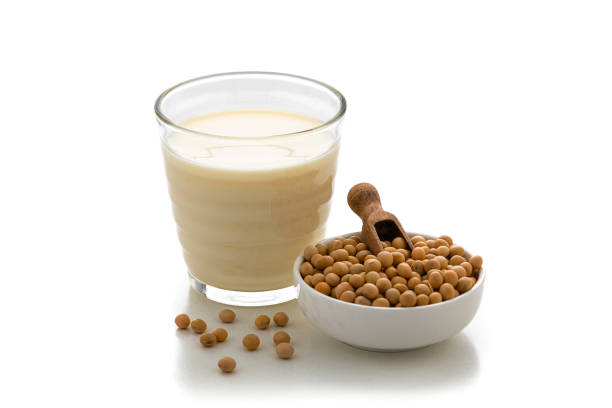
Plant-based alternatives to milk have become increasingly popular in recent years as people choose dairy-free items. It can be difficult to choose the best plant-based product from the many alternatives readily available. It is determined by factors such as the taste, nutrition, diet restrictions and preference. In this piece we'll walk you through the process to select the best vegan milk to suit your needs and preferences.
Demand for kids-friendly milk substitutes in conjunction with the increasing popularity of plant-based foods and beverages, has risen. No matter if you're lactose intolerant and are a vegan or are simply trying to explore new options you can find a vast variety of milks made from plants to choose from. Be aware of the factors that affect the choice can assist you to pick the ideal milk for your personal preferences and needs in nutrition.
Understand Plant-Based Milk
The term "plant-based" refers to milk substitutes that come from plants. Soy, hemp, almond rice, coconut milk and rice are all common options. The flavor, texture and nutritional value of each type is different.
Take into account your dietary desires and needs
If you are considering chick pea fiber, it's crucial to take into account your specific dietary requirements and personal preferences. If you're a person with specific food restrictions or allergies Certain kinds of dairy products made from plant sources could be more appropriate over others. Certain people who are allergic to nuts must avoid drinking almond milk or cashew, or those that are sensitive to soy ought to opt for alternatives like oat milk or rice milk.
Check the Nutritional Content
Plant-based milks vary in their nutritional value. Some may offer the health benefits of nature, or they could include essential vitamins and mineral. Check out the nutritional information of each option to ensure it aligns with your dietary goals. Consider the protein, calcium as well as the vitamins B12 and D, etc.
Examine the texture and taste
Taste and texture play a significant role in the enjoyment of plant-based milk. There are some who prefer a thicker consistency while other people prefer a more light texture. You can discover your favorite flavors and textures by experimenting with different varieties that are made from plant milk.
Verify for any allergies or sensitivities.
chickpea nutrition is important to study the label attentively if you suspect you are allergic or sensitive. Certain varieties could have sweeteners, additives or other ingredients that can create allergies. Being mindful of these ingredients could ensure your security as well as enjoyment from your chosen plant-based milk.
Take into consideration sustainability as well as ethical aspects.
Concerned about sustainability and ethical practices, it is important to think about the impact on the environment that comes from the dairy free chocolate milk they choose. Certain plant-based milk alternatives need less resources and leave a less carbon footprint than traditional dairy milk. In addition, taking a look at the firm's values and commitment for fair practices may be a good way to align your decisions with ethical considerations.
Explore and Discover Your Favorite
The best method to identify the most suitable plant-based dairy for your needs is to test it. Try different varieties and tastes available on the market. You may find that certain kinds of milk are more for certain recipes, or to your preferences. Keep an open mind and don't be afraid to experiment with various things until you have your favorites.
Bottom Line
Choosing the right plant-based milk can enhance the experience of eating and also meet your personal needs. By considering factors such as the taste, nutrition content, dietary restrictions, and personal values, you can find milk that aligns with the way you live. Enjoy the wide range of choices and the process of choosing the best plant-based dairy.
